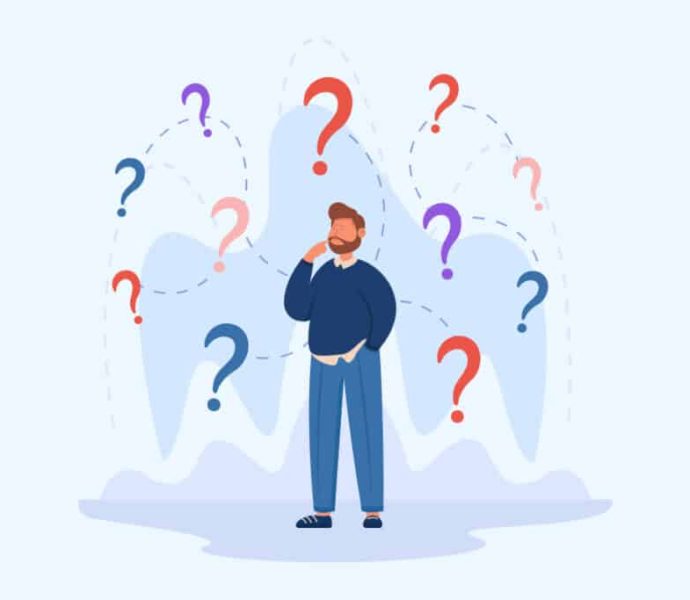
7 New Year’s Resolutions for eCommerce Managers
With the close of 2024 and welcome to 2025, UK eCommerce managers can hit the reset button […]
Working with a web agency on your websites SEO – that’s search engine optimisation for the uninitiated – may feel more like learning a new language than working on getting new users! Luckily, the team here at Actuate are about to smash open the mystifying language of SEO with our the ultimate SEO jargon buster.
Links from websites which point back to your website. They are also referred to as inbound links.
The process of using frowned upon search engine optimisation techniques that violate Google’s quality guidelines.
A piece of software written to collect data and information from websites. Also known as spiders or crawlers.
The process of saving some or all of your website or website content for quick retrieval or archival purposes.
Showing different content to search engines than you do to “normal”, human visitors. A black hat technique.
The gathering of data from your website to aid a search engine in ranking your website for their index.
The action of a website being removed from a search engine.
How a user interacts with your website, what actions they take and how long they stay on your site.
A featured answer or summary based on a snippet of information taken from a website contained within a search engines index often featured in a special box at the top of search results.
A free tool provided by Google to help local businesses manage their online presence across Google, incorporating by Google Search and Google Maps.
Guidelines set out by Google on how you should and should not optimise your site for inclusion in their search index.
Formerly Google Webmaster Tools, Google’s Search Console allows website owners to monitor how their website is performing in Google search.
Hypertext markup language, the code in which web pages are written.
The database of web pages and content that make up a search engines results. Indexing The action of a website being included on a search engines index.
A link from your website linking to another resource or page on your website.
A KPI or key performance indicator is a way of measuring the success of a business for any particular activity.
Elements used within a web page which provide structured information about that page. Common META tags include the description, keyword and robots tags.
A search engine listing which has earned its place naturally in a search engines index due to good quality SEO practices, rather than being paid for.
Google PageRank is an algorithm created by Google to rank the importance of web pages and named after Larry Page, one of the founders of Google.
The words typed into a search engines search bar.
The position of your website in a search engines results for any given query or search term.
A file uploaded to your website which instructs search engines on which pages they should index and which they should ignore.
Search Engine Results Page, the page you see after searching for a query using your favourite search engine.
A web page containing structured data which informs search engines which pages make up your website, making it easier for search engines to discover all of the pages of your website.
The users who visit your website.
Uniform Resource Locator, the address of any given piece of content or information on a website.
The process of using good search engine optimisation techniques that comply with Google’s quality guidelines.

With the close of 2024 and welcome to 2025, UK eCommerce managers can hit the reset button […]

Get the Best Team Choosing the right Magento/Adobe Commerce agency to work with can be a […]

Meta descriptions are brief summaries of a webpage that appear in search engine results pages (SERPs). […]